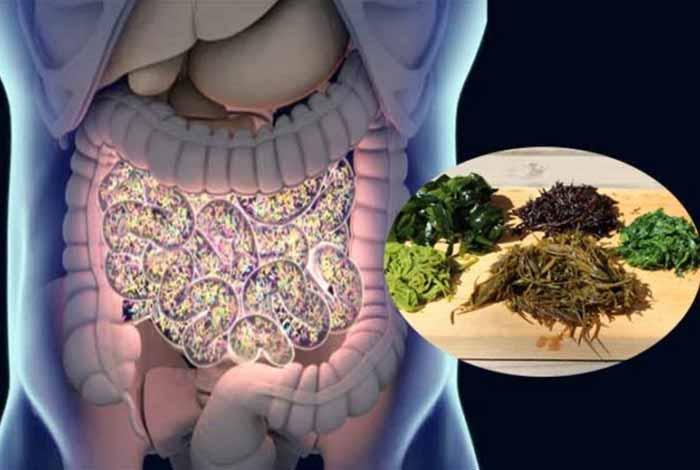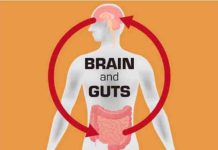
Gut Bacteria Precision Manipulation Possible Through Seaweed Diet

Researchers are working to develop techniques in order to manipulate the bacteria living inside the human gut for the benefit of mankind. However, this exercise has not been a cake walk for them. It is rather complex and scientists are continually making efforts to learn more about how these bacteria have an important role to play in deciding our overall wellbeing. [1]
A team at the Stanford University has successfully shown how we can manipulate diet in order to propagate specific gut bacteria species. This is a very small step in the direction of developing precision medicine, which is based on manipulating gut biome in order to improve the health of a person.
Justin Sonnenburg, a study author, commented that after undergoing a number of ups and downs in the early days of our life, our gut assembles a unique microbial community. Although this community keeps on changing by adding new strains to it, this whole process is non-orchestrated and not understood well by the scientists. This study has opened new doors for remodeling the gut biome in order to improve health and improve disease fighting capabilities.
Till date, we have relied on probiotics in order to alter the gut biome in a traditional way. Probiotics are nothing but ‘good’ gut bacteria that help us in fighting against serious health conditions like depression and allergies. The team, however, focused on discovering the way by which our diets altered the gut bacteria population and whether we could influence the strain of bacteria that grow in our gut by changing our diet.
In the beginning, the team discovered a certain strain of gut bacteria that fed on porphyran – a carbohydrate found in seaweed – which is commonly used in sushi rolls. The bacteria was thought to be ideal for the study as the seaweed is not a part of American diet.
People, who do not consume the weed rarely have genes that allow the bacteria to digest porphyran. This gave a chance to the scientists to test whether the complex ecosystem can be altered and a niche be created in the ecosystem that will favor the growth of a single microbe in the absence of competition from the other 30 trillion gut bacteria.
Different mouse models were created that showed that the levels of bacteria in the gut ecosystem can be effectively altered by feeding different volumes of seaweed. Also, it was found that the level of these bacteria could be titrated by altering the amount of porphyran-rich food ingested. These results are extremely promising and show a direct effect of our diet on the bacterial population of the gut.
Next, the scientists isolated specific genes present in the bacteria that promoted the digestion of porphyran. These specific genes were further transferred into another strain, which did not have the ability to digest porphyran. In other mouse models, the levels of newly engineered bacteria were successfully maneuvered, simply through diet.
This research has given new hopes for the scientific community to develop a type of precision medicine in which specific ‘good’ bacteria can be offered to the patients, whose activity can be controlled from outside through diet. This can be extremely helpful for patients, who undergo extreme medical procedures.
For instance, a patient who is about to undergo high immunotherapy can be given a special bacteria strain that will activate the immune system. Conversely, a person having autoimmune disorder like rheumatoid arthritis can be benefited by taking a set of bacteria that tone down the overactive immune system. This is an extremely important discovery that can revive the science of health and medicine.
This new finding and research was published in the journal Nature.





